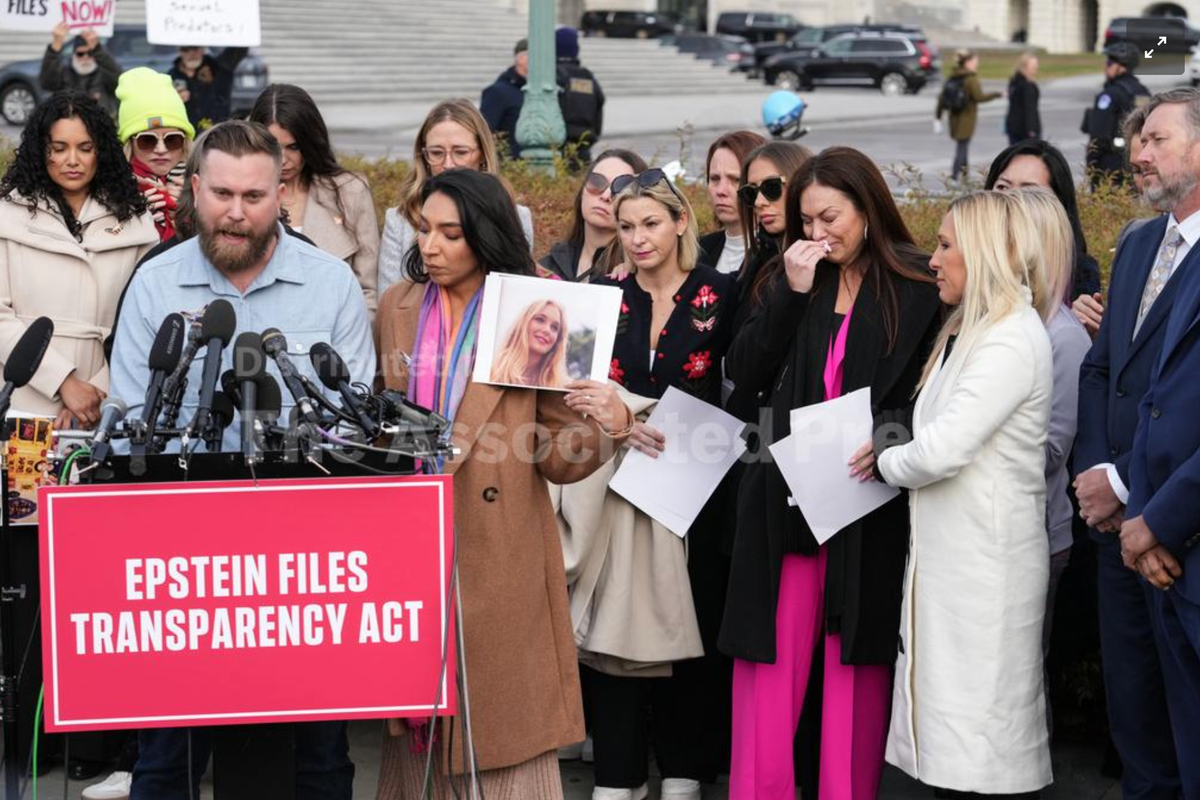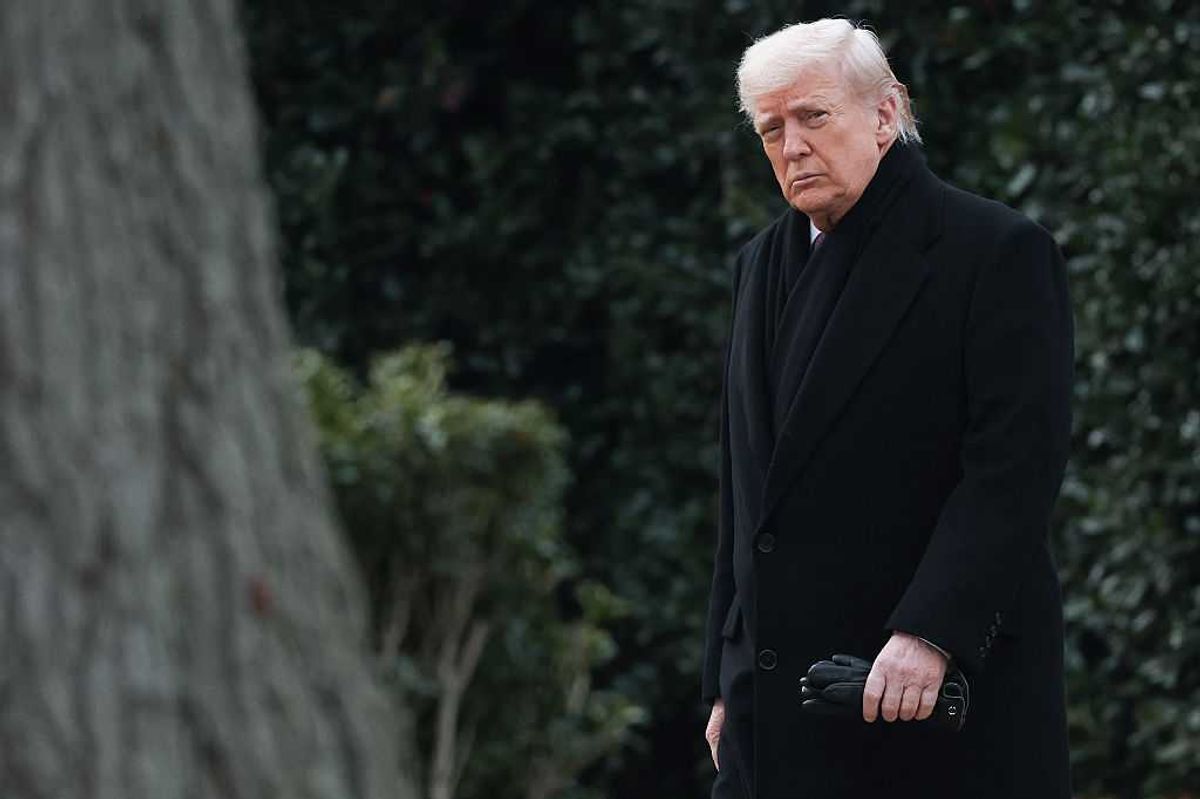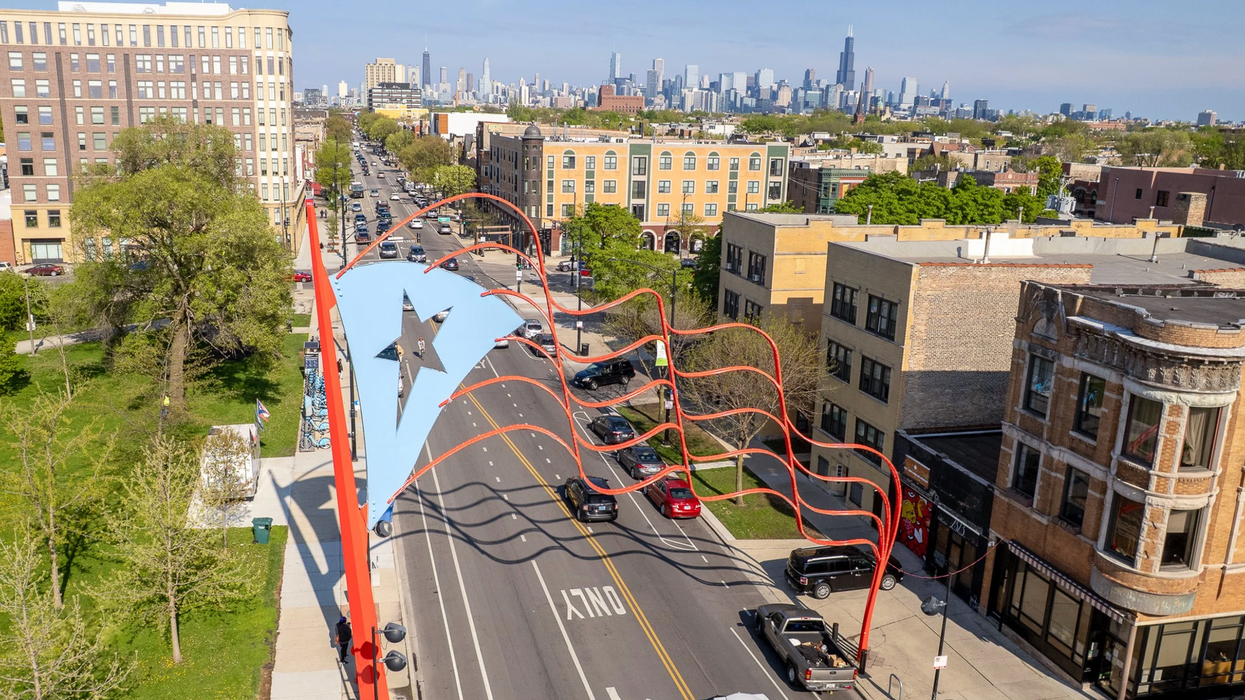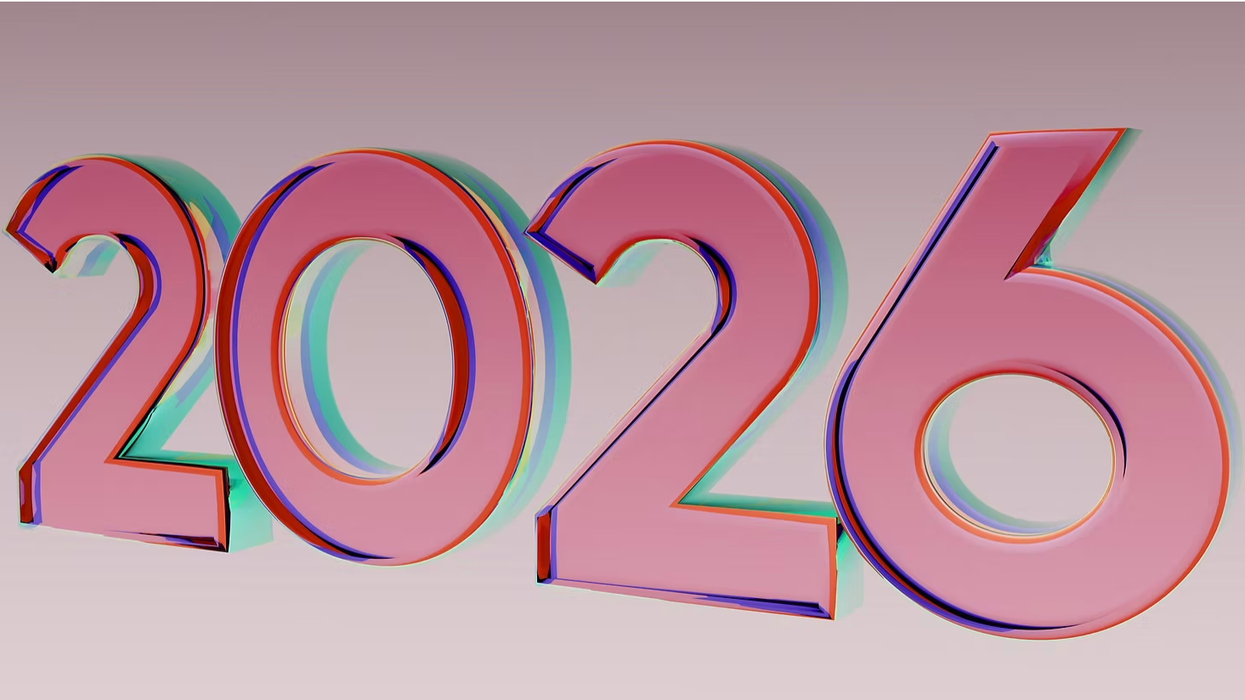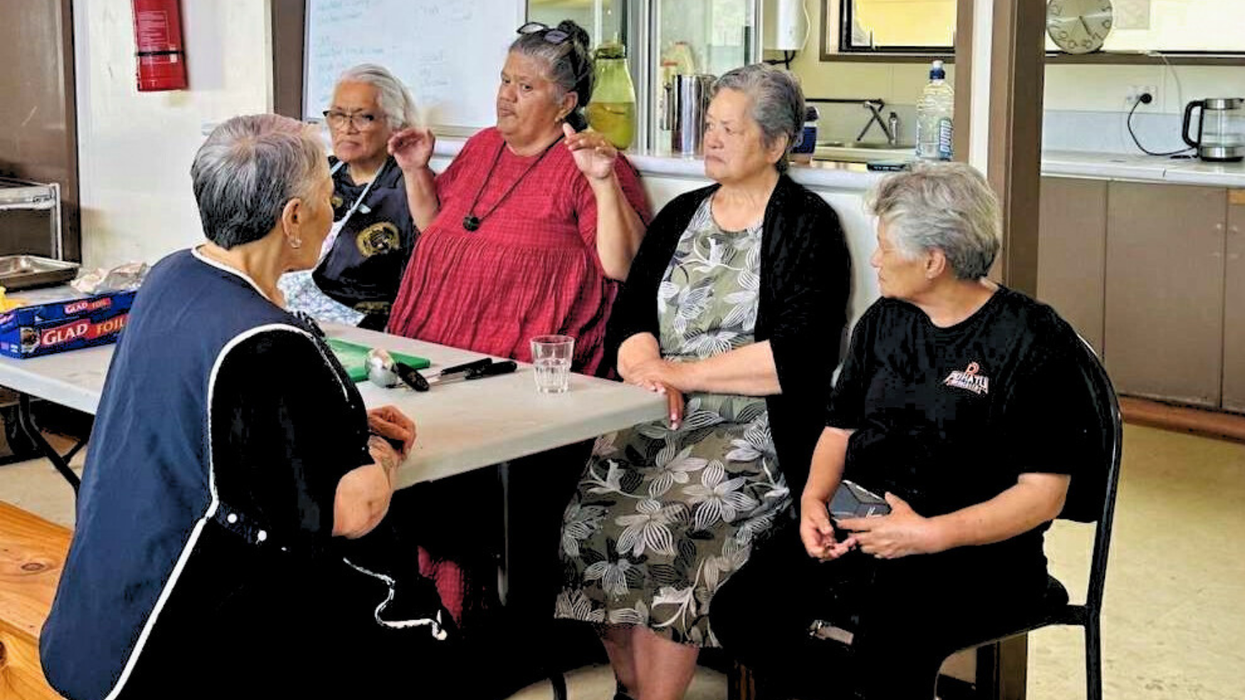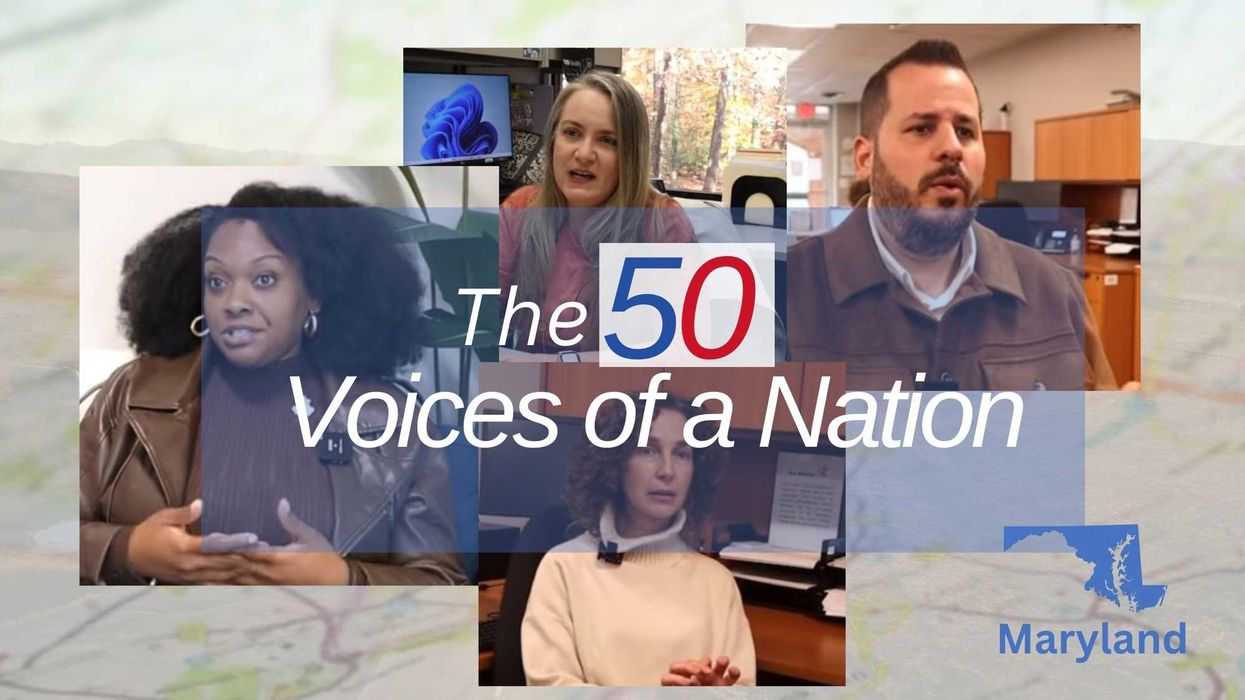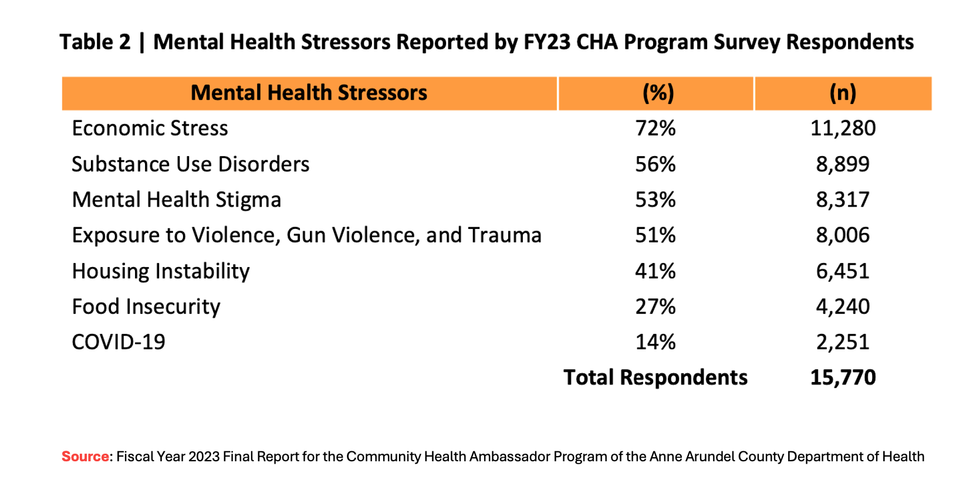The study, which evaluated the media literacy ability of a diverse group of more than 3,000 high school students in 14 states, paints a sad portrait about the state of American civic education, with potentially millions of prospective young voters incapable of telling fact from fiction.
The researchers administered six exercises intended to discern how well the students vetted the reliability of online content, a test they nearly universally failed. "The results — if they can be summarized in a word — are troubling," the report concludes.
Among the findings:
- More than 96 percent of the students did not consider that ties to the fossil fuel industry might affect the credibility of a website on climate change.
- Two-thirds couldn't tell the difference between a news story and an advertisement on Slate's homepage, even though the ad was clearly labeled as "sponsored content."
- More than half believed a grainy video purporting to show ballot stuffing in the 2016 Democratic primaries constituted "strong evidence" of voter fraud in the United States. The video was actually shot in Russia.
For each exercise, the researchers allowed students to open new tabs to do a web search to vet the content, but few actually did.
Only three of the 3,446 surveyed students, who were recruited to reflect the demographics of the country's high school population, bothered to track down the source of the ballot stuffing video, while only 4 percent of students did a simple search that would have revealed the climate change website was funded by fossil fuel companies.
The researchers hope the findings will spur investment in digital media literacy programs that can help young people better learn how to discern the credibility of online source material, a critical skill for an informed electorate.
"Reliable information is to civic health what proper sanitation and potable water are to public health," the researchers said. "A polluted information supply imperils our nation's civic health. We need high-quality digital literacy curricula, validated by rigorous research, to guarantee the vitality of American democracy."


